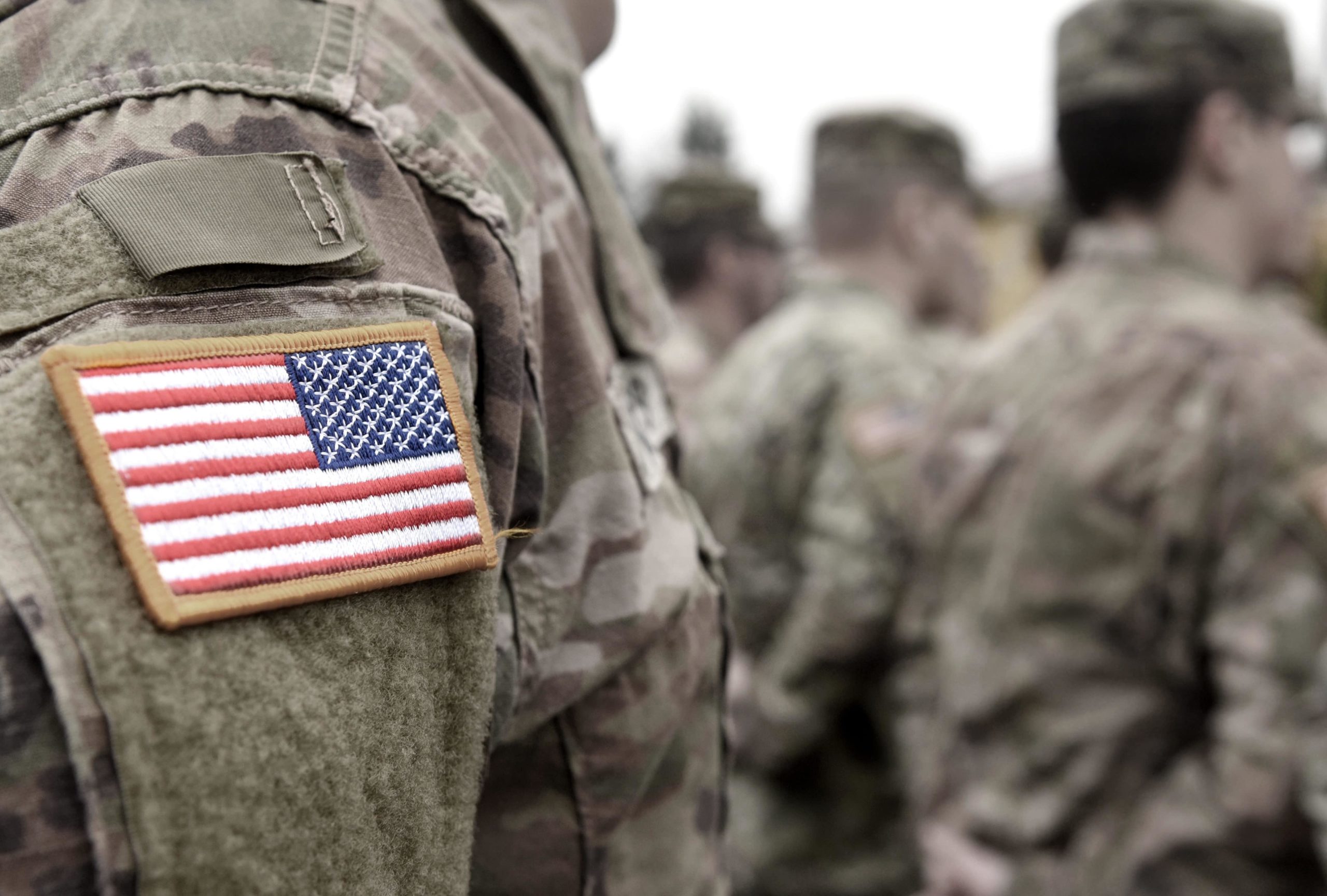
MAPS Organization Grants $ 12.9 Million to Study Cannabis and PTSD •
MAPS, the Multidisciplinary Association for Psychedelic Substances, received a $ 12,979,050 million grant from the state of Michigan on Aug. 10 to fund a study on PTSD and cannabis.
According to Dr. Sue Sisley, President of the Scottsdale Research Institute and longtime cannabis researcher, this new study is desperately needed in the community. “Veteran suicide is an urgent public health crisis, but it can be resolved if we invest in research into new treatments for pain, depression and PTSD,” Sisley said in a press release. “This grant enables more rigorous, FDA-supervised studies that could lead to cannabis flowers one day becoming a prescription drug. Veterans demand objective research into cannabis drug development, and the State of Michigan is fulfilling our collective obligation to our beloved community of veterans. “
The grant comes from Michigan’s Veteran Marijuana Research Grant Program 2021 and is funded by the state’s recreational taxes on cannabis. With the aim of determining the “effectiveness of marijuana in treating the illnesses of US Forces veterans and preventing veterans from suicide.”
MAPS makes history
This will be the second clinical trial to administer cannabis drugs or placebos to participating military veterans, and according to Chief Science Officer of MAPS Public Benefit Corporation, Berra Yazar-Klosinki, PhD, the first trial was a huge success. “We have overcome significant regulatory barriers that prevented cannabis research from conducting the first clinical trial of inhaled cannabis for PTSD,” said Yazar-Klosinki.
“This grant funding provides the resources necessary to harness the results of the first study, conduct a full clinical trial, and align the scientific evidence with cannabis that better reflects what is available in government-regulated cannabis programs.” This study will be the second of its kind to be conducted to date and one that will be an FDA and DEA regulated, double-blind, placebo-controlled study.
The study will enroll 320 eligible veterans diagnosed with either moderate or severe PTSD, as well as those with major depressive disorder or substance abuse disorders. Four test sites will be set up, two of them in Michigan. Once participants have completed a three-week registration period, they will be given five weeks to “self-administer inhaled, self-titrated doses of high quality botanical cannabis”. This second study also uses higher quality cannabis to better assess the effects of patients receiving medication compared to a placebo.
MAPS founder and director Rick Doblin, PhD expresses the importance of this amount of money from cannabis taxes that is used for research efforts. “Michigan is giving nonprofit researchers an opportunity to find out if marijuana will help veterans with PTSD. If so, we will try to return that generosity by developing a non-profit cannabis pharmaceutical product that would be eligible for insurance like any other pharmaceutical drug. “
The first study was funded by MAPS Public Benefit Corporation (a MAPS subsidiary), which was also responsible for the only FDA-regulated controlled trial for PTSD. The study was funded with $ 2.2 million from the Colorado Department of Public Health and Environment and led by the Scottsdale Research Institute. The results of this study showed the pros and cons of cannabis as a treatment for PTSD patients. According to the MAPS press release, all participating patients showed an improvement in their symptoms after three weeks.
PTSD affects a large number of military veterans. According to the Veterans Association (VA), approximately 11-20 percent of veterans who served in Operations Iraqi Freedom and Enduring Freedom suffer from PTSD. Twelve percent of veterans who participated in the Gulf War are diagnosed with PTSD each year. Finally, 15 percent of veterans who served in the Vietnam War suffer from PTSD (but the VA also estimates that 30 percent of all Vietnam veterans will be diagnosed with PTSD in their lifetime).

Post a comment: